Zimbabwe: 40 Water Bottling Companies Banned
By Peter Matambanadzo
The Herald via All Africa
The Zimbabwean government has banned 40 water bottling firms for failing to meet safety and quality standards. This follows an influx of bottled water suppliers in response to a surge in demand.
Acting Secretary for Health and Child Welfare Dr Davis Dhlakama yesterday said only nine firms were authorised to sell mineral and bottled water.
“To date, 49 potential bottlers submitted their water for testing and possible certification. Out of these, nine were advised that their water was suitable for bottling.
“The other 40 were advised that their water was not suitable for bottling for various reasons including contamination, unsuitable packaging and wrong labelling. They were barred from selling the water,” Dr Dhlakama said.
While Dr Dhlakama declined to name firms that were certified to sell water saying the ministry did not have a provision to publish names, private and voluntary standard organisation, Standards Association of Zimbabwe named 12 water bottling firms certified with the national body after independent surveillance.
“The ministry does not have a provision to publish names of companies that have been certified. The role of the Ministry of Health and Child Welfare is to ensure that bottled water sold on the market is safe to drink,” Dr Dhlakama said.
The companies certified by SAZ are Schweppes Zimbabwe Ltd, Tanganda Tea Company Ltd, Century Ice, ZLG, Brackenridge T/A Kanyerere Investment, Reichmark, Aqua Crystal, Chromopak Investments, Somerby, Chilruff T/A Springvale, Mukati Investments and Blester Marketing.
Although SAZ approved the 12 companies to sell their products, some of them might not be on the list of Government-certified firms.
Dr Dhlakama said although SAZ uses logo marks to identify certified products, some of the products still violated quality and safety requirements.
“Some private and voluntary standards institutions such as SAZ use logo marks to identify certified products but even those products bearing logo marks sometimes violate quality and safety requirements of the law,” Dr Dhlakama said.
The ministry as provided for by the Public Health Act and the Food and Food Standard Act, delegates powers to municipal authorities to enforce food laws and regulations in their respective areas.
Dr Dhlakama said the ministry’s surveillance and monitoring programmes for food in general were difficult to implement due to lack of resources under the current economic challenges.
“Currently, the ministry realises some challenges being faced by municipal authorities and also itself in monitoring and enforcement of food laws,”
he said adding that they would strive to maintain an eagle’s eye on the monitoring and enforcement activities.
“The ministry carry out campaigns when it sees that there are too many suspicious bottled water on the market. This is also done when the ministry realises that local health authorities are not performing to expectations in terms of monitoring,” he said.
Although only nine companies are approved to deal in water bottling, the market has been flooded with several brands are sold in shops.
Some of the companies have premises that do not meet the required minimum basic hygienic requirements, while others are not bottling their water at the source of the water as required.
Some were also violating the factory by-laws requirements of municipal authorities.
Investigations have attributed the proliferation of suppliers to the alleged poor quality of tap water and rising health consciousness by the public.
Although most suppliers indicate the mineral elements content on the label, the quality of water is not just about mineral elements, but also the microbiological safety of the water, among other quality requirements.
Source: The Herald via All Africa

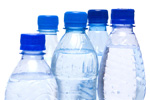
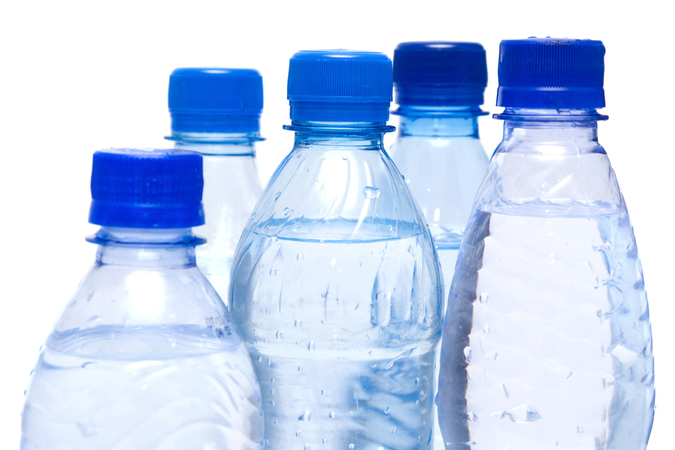

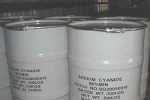
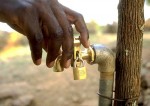
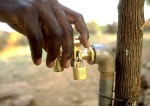


Comments
Zimbabwe: 40 Water Bottling Companies Banned — No Comments